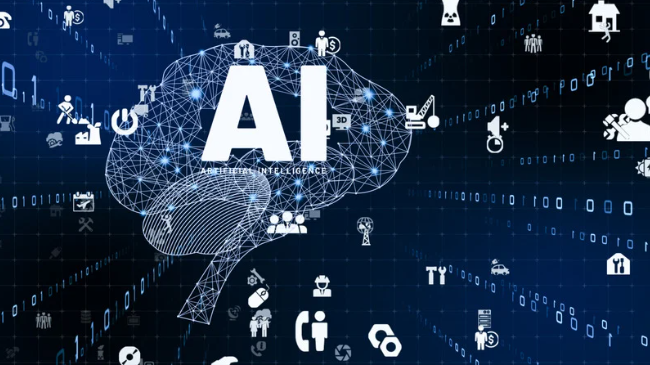Artificial intelligence is becoming more than just a tool for information. For many teenagers, it is becoming a companion. Through emotionally responsive chatbots, AI now offers teens support, conversation, and a sense of presence that can feel deeply personal.
This shift is raising important questions. Are AI chatbots meeting real emotional needs, or are they replacing human relationships in a way that may cause more harm than help?
Teens and the Rise of Digital Companionship
Generation Z is facing a loneliness crisis. According to the UCLA Loneliness Scale, teens in the United States scored an average of 48.3 out of 80. Any score over 43 is considered officially lonely.
In this environment, it is not surprising that teens are turning to AI chatbots for comfort. In one recent study, researchers introduced teenagers to a chatbot named Hollis, created using Character AI. Over four weeks, participants talked with Hollis for at least five minutes a day. The goal was to explore whether feelings of loneliness affected how strongly teens connected with the chatbot.
The results showed that teens with higher levels of loneliness developed deeper emotional attachments to Hollis. They described the AI as understanding, safe, and always available.
These responses reveal a growing trend: for some teens, AI is not just a tool, it is starting to feel like a friend.
Emotional Safety or Emotional Substitution?
While some chatbots offer emotional relief, the current technology still has clear limits:
- Chatbots cannot accurately detect complex emotional cues
- Language is often too formal or predictable for teen conversations
- AI still struggles to understand slang, tone, and nonverbal meaning
Despite these limitations, researchers are beginning to explore how AI chatbots might help in areas like mental health education and bullying prevention. While chatbots may not yet be suitable for crisis response, they could play a role in helping teens understand emotions and recognize harmful patterns early.
Why Education and Parental Involvement Matter
AI chatbots and teen loneliness are now linked in ways that require our attention. As this technology becomes more common, adults must remain involved.
Here is how parents and educators can respond:
- Understand that teens often use AI for emotional connection, not just fun
- Teach healthy digital relationship habits, not only screen time limits
- Talk openly about feelings, connection, and the difference between real and artificial empathy
- Stay informed about how AI tools are being used in schools, homes, and online platforms
Teenagers are not just looking for entertainment. Many are looking for someone who listens. When that someone becomes a chatbot, it is essential that adults understand what is happening beneath the surface.
Conclusion: AI Is a Tool, Not a Substitute for Belonging
Artificial intelligence can offer support, but it cannot replace the deep emotional value of human connection. Chatbots are becoming more intelligent and more present in teens’ lives. That does not mean they should replace teachers, counselors, friends, or parents.
At CyberSafely Foundation, we believe that education is the key. Teens deserve to understand what these tools are, what they are not, and how to stay grounded in real relationships.
Because when a bot becomes a best friend, we should not just look at the technology.
We should look at what the teen is truly needing.

